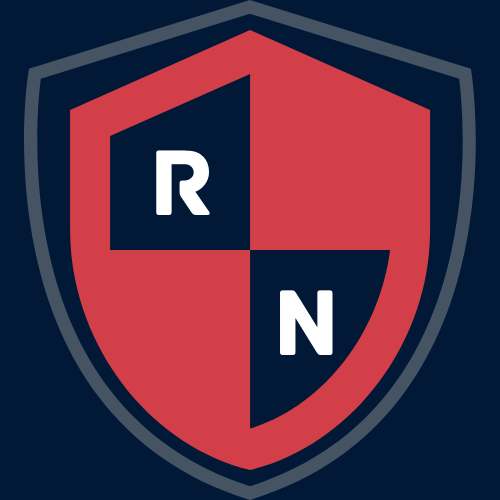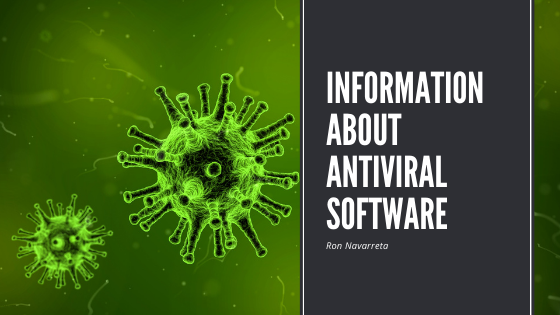Malware is any software that is intentionally designed to cause damage. This might mean damage to an isolated computer, a server, or an entire network. It can attach to people’s computers in many ways and enter through a variety of forms. Emails might have fake links that lead to downloading computer viruses or worms. Also known as trojan horses, some malware disguises itself as an existing software update and then infects your system. There are many iterations of malware with varying degrees of danger such as adware, spyware, and ransomware. Even if you are a home user, you are still a front-line witness to the abundance of hacking attempts, phishing scams, and spam emails that are so overwhelming these days. For corporations, the threat is much more dangerous because they are being entrusted with their finances, clients’ data, and employees’ personal information. is trying to attack computers and expose data at a level never seen before. For this reason, the antiviral software game is in a constant battle to stay on top of the latest schemes.
Contrary to popular belief, antivirus is not an umbrella term for all things relating to malware. Modern-day attacks are about making money by taking advantage of people’s software, identity, and gullibility. Data-stealing ransomware and trojans are the top threats but AI now has automated the process to let bot armies hijack systems to do even more damage, without any human interaction.
While it is vital to educate employees about not opening suspicious popups or email links, there is always going to be room for human-based error. The best line of defense against malware is a combination of knowledge and security. PC Magazine is a well-respected unbiased assessor of tech products. They annually review the top antiviral products on the market. When they make their decision, it’s usually a top selection chosen from multiple contenders. Their Editor’s Choice products are then explored in more detail on their website. The highest score they deploy is a four-star rating.
Ars Technica has been around since 1998. It covers news items and opinion pieces relating to technology and science, and it also reviews software. An interesting article points to an idea called skeptical computing, which promotes the diligent updating of operating system software. The drawback to many antiviral programs is that it stops the proper functioning of many other legitimate programs.

